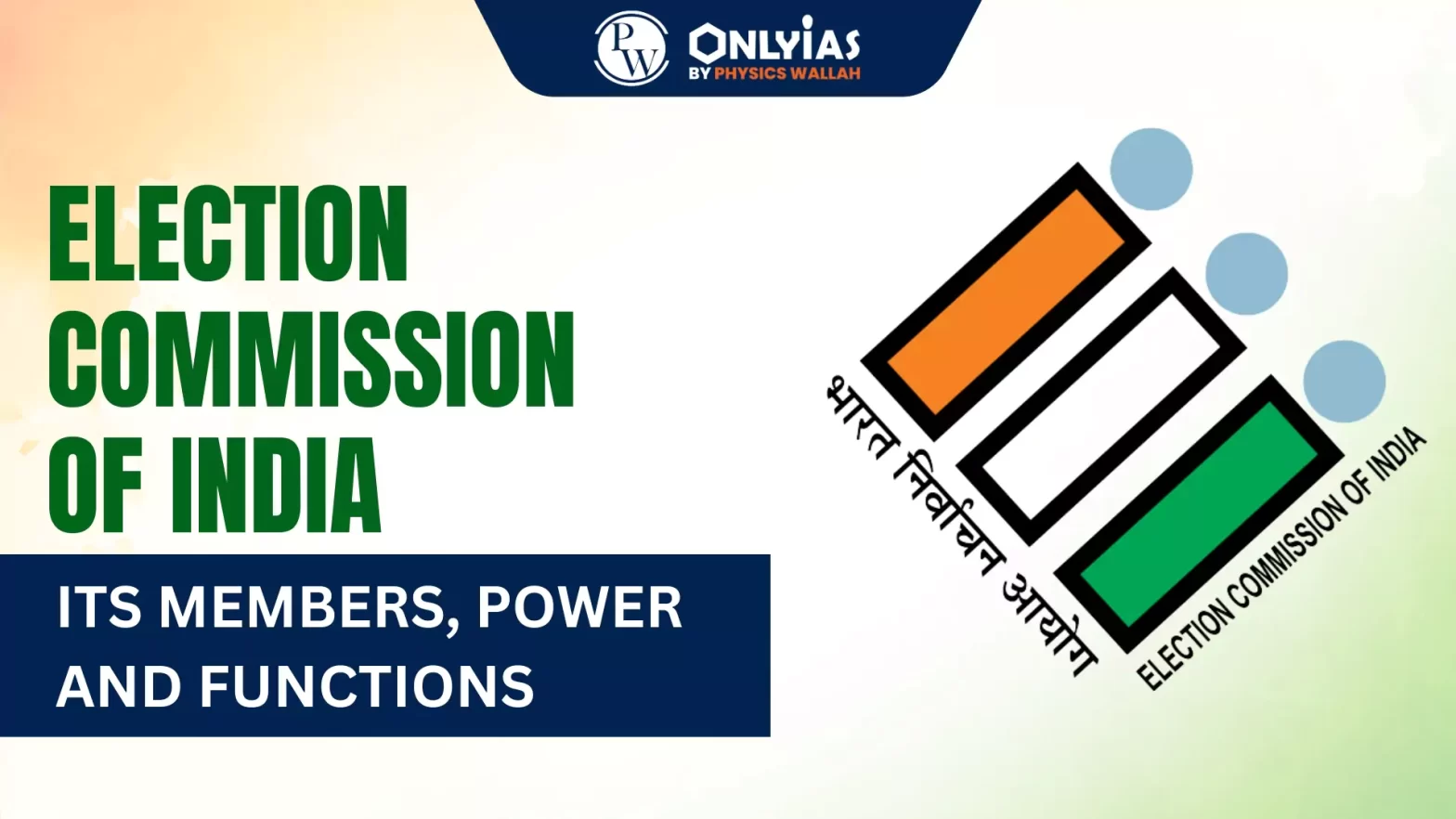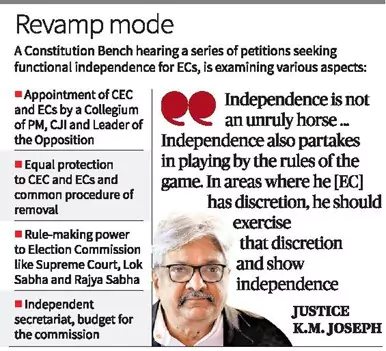Explore the Election Commission of India. Learn about its structure, functions, and role in ensuring free and fair elections.

The Election Commission of India (ECI) is celebrating 75 years of its remarkable service to the nation in 2025. This milestone coincides with the 15th National Voters’ Day (NVD), celebrated annually on January 25 to commemorate the foundation day of the ECI. Established on January 25, 1950, the Election Commission has been instrumental in organizing the world’s largest democratic exercises.
This year’s celebrations take on a grand scale, especially following the 2024 Lok Sabha Elections, the largest electoral event ever conducted. The electorate has reached a staggering 99.1 crore citizens, including 21.7 crore young voters aged 18-29. Notably, there has been a significant increase in the Electoral Gender Ratio, highlighting the Commission’s continuous efforts to ensure balanced and inclusive participation in India’s democracy.
As the ECI celebrates its 75th year, the focus on voter inclusivity, the use of technology, and innovative outreach campaigns ensures that the spirit of democracy continues to thrive across the nation.

| Must Read | |
| NCERT Notes For UPSC | UPSC Daily Current Affairs |
| UPSC Blogs | UPSC Daily Editorials |
| Daily Current Affairs Quiz | Daily Main Answer Writing |
| UPSC Mains Previous Year Papers | UPSC Test Series 2024 |
The Election Commission of India is a constitutional body set up under Article 324 of the Constitution.
The Election Commission of India is responsible for conducting elections to parliament, state assemblies, the office of the President of India, and the office of the vice president of India.
The Election Commission consists of chief election commissioners and such a number of other election commissioners as the president may determine. The president also appoints regional commissioners as necessary to assist in elections.
The president determines the conditions and tenure of the election commissioners and regional commissioners. Presently, election commissioners hold office for a period of six years or till the age of 65 years, whichever is early.
Arun Goel and Anup Chandra Pandey are the election commissioners while Rajiv Kumar is the chief election commissioner.
<div class="new-fform">
</div>